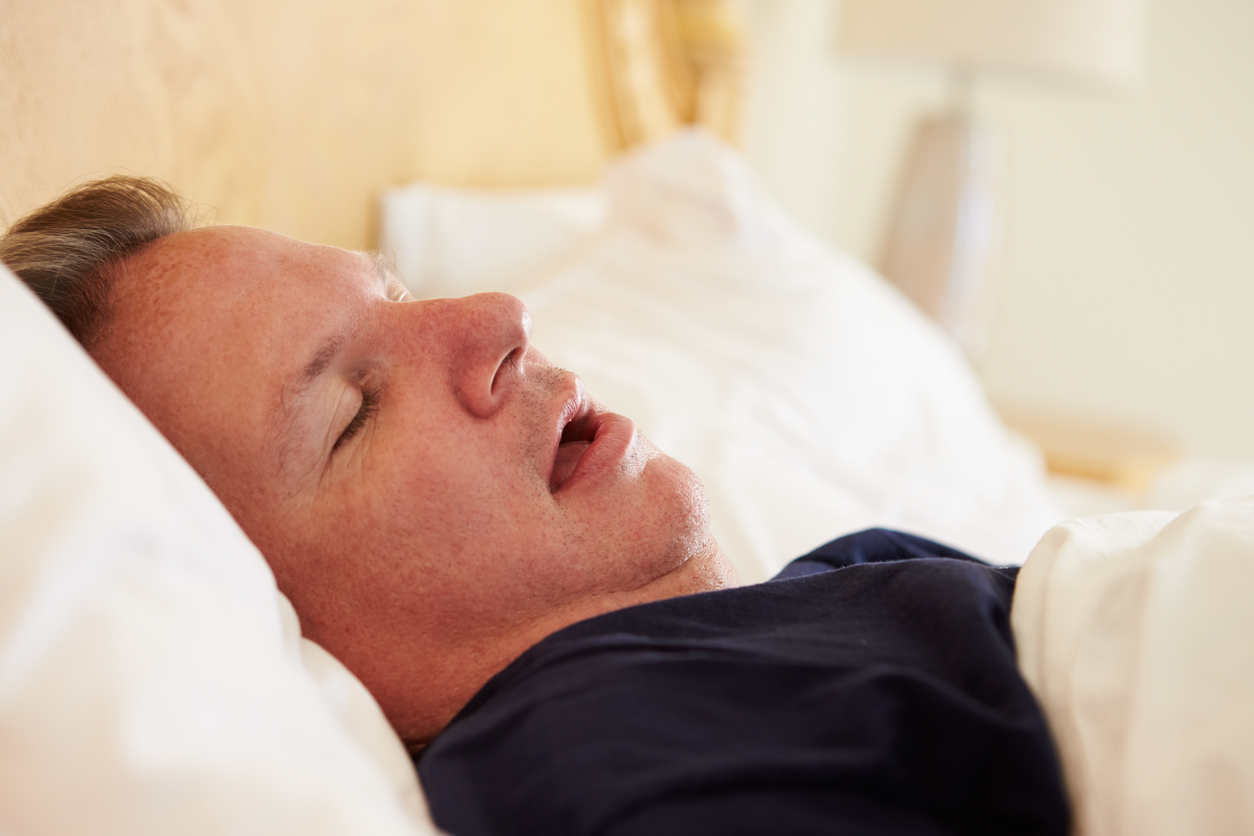As a specialist in sleep medicine and pulmonary issues, Dr. Mayank Shukla is passionate about educating patients as much as possible about sleep and asthma treatment in New York. It’s important that patients can understand and identify the source of their breathing problems, especially when they are sleep related. Often, these patients become diagnosed with sleep apnea.
Sleep apnea is a serious condition that can be treated with the proper health plans, but it should be taken of sooner rather than later due to the disturbances it can cause in your natural breathing patterns. When patients are diagnosed with sleep apnea, they may be feeling scared or overwhelmed, and tend to identify a single set of symptoms and descriptors to define the condition.
However, there are several different types of sleep apnea that a patient could become diagnosed with. Our friendly staff members at the office of Dr. Mayank Shukla find it important to be able to identify and understand these different types of sleep apnea that contain different symptoms. Check out the list below so that you can broaden your understanding of this sleep condition, and what steps you can take towards treatment!
Central Sleep Apnea
Central sleep apnea, also known as CSA, is a common type of sleep apnea that occurs in the brain. It is triggered by a lack of signaling from the brain to the muscles to take a breath, and therefore there is no muscle movement used to take a breath. This causes the patient to stop breathing, and it can be a serious cause for concern.
CSA most likely occurs in infants, as well as people with diagnosed heart disease. It can also occur when the patient is at high altitudes or taking a high dose of specific types of medicine.
This is a serious ailment that should be addressed with the doctor as soon as possible.
Obstructive Sleep Apnea
Obstructive sleep apnea also occurs in the brain, but this can happen when the brain does successfully signal the brain to take a breath, but the muscles then become obstructed by something in the airways. This prevents the proper flow of air into the brain, making it very hard to breathe. This is a serious condition that should be treated right away as well.
The amount of oxygen reaching your brain will slowly decrease, making it difficult for you to get the necessary sleep or breathing patterns. If you have a deviated septum, an elongated uvula, or narrow throat walls, they can collapse and cause an obstruction in your breathing pathway.
Anybody is susceptible to OSA, as it can occur in anyone who has narrow airways or large tongues or uvulas. It is advised to seek the necessary treatment right away.
Mixed Sleep Apnea
Some patients may be experiencing a combination of obstructive and central sleep apnea. In this case, it is known as mixed sleep apnea, and it can be just as dangerous as the other two types.
Some of the common symptoms of mixed sleep apnea, as well as OSA and CSA include:
- Snoring
- Gasping for air
- Sleepiness at daytime
- Fatigue
- Tiredness when waking up
- Poor attention
- Failing memory
- High blood pressure
- Heart complications
There are many more symptoms that can be added to this list. In any case, if you are experiencing one or more of these symptoms, it’s important to seek medical attention right away.
Sleep and Asthma Treatment in New York
Whether you are experiencing the effects of CSA, OSA, or mixed sleep apnea, they are all equally crucial and dangerous to your health. If you are looking for more information, or if you are concerned about yours or your partner’s breathing patterns, please seek sleep or asthma treatment in New York as soon as possible. You can contact our professional offices by getting in touch with us online or by calling (917) 924-6383 to schedule an appointment. When it comes to your pulmonary and sleeping health, there’s not a minute to waste!

